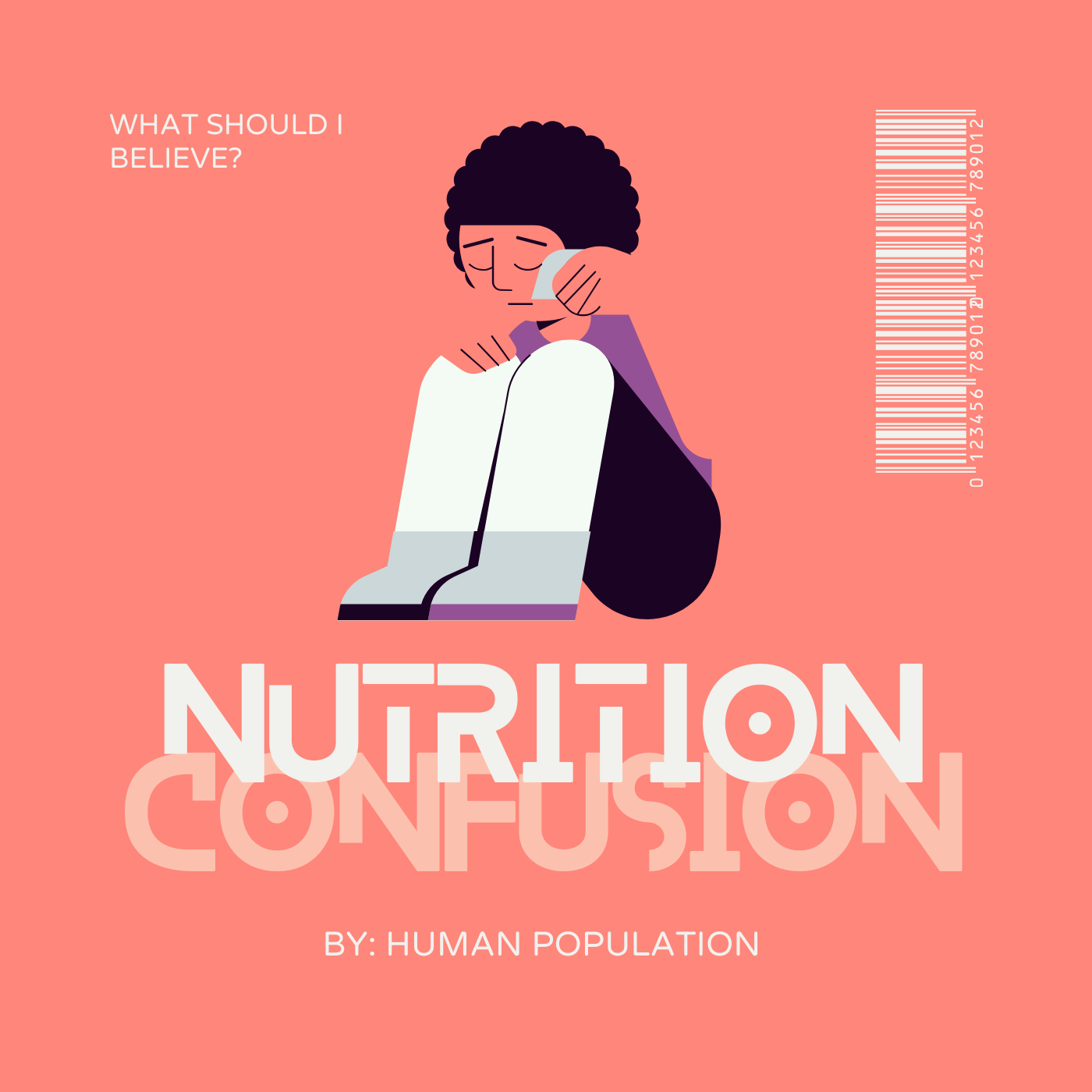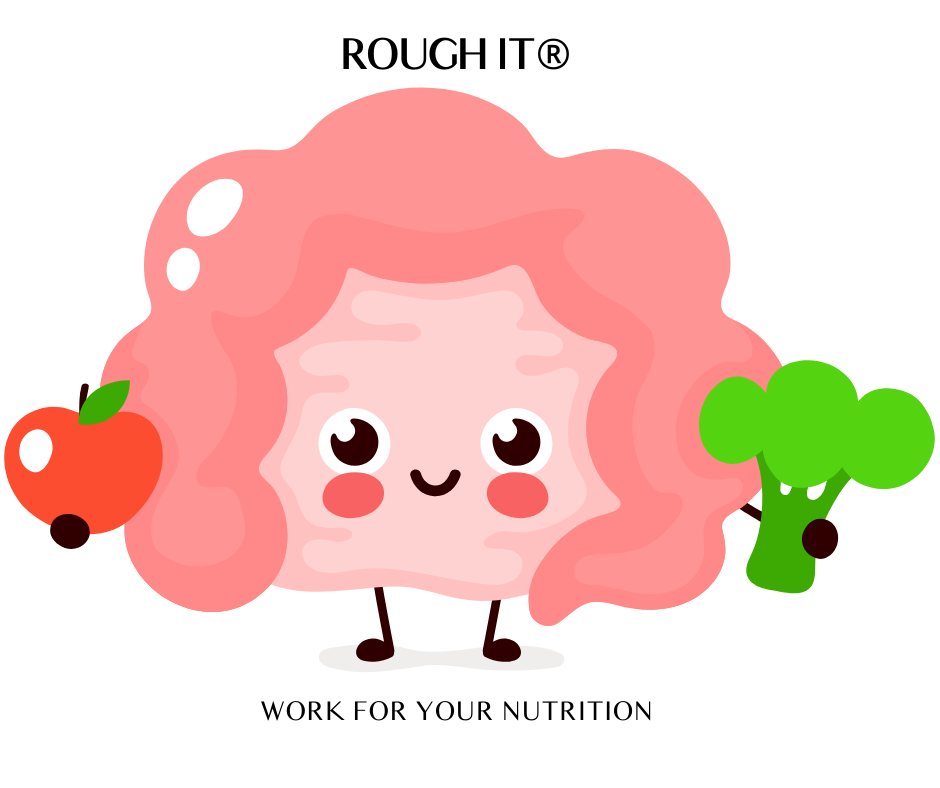Busting Nutrition Myths: How Food Is Fueling Cancer, Obesity, and Degenerative Disease
Series: Nutrition Myths & Health • Author: Dr. Bomi Joseph • Published: September 07, 2025
Everywhere you look, there’s advice about food: eat more protein, go keto, avoid carbs, buy fortified products, drink shakes and supplements. Billions of dollars are spent by the food industry not just to produce processed foods—but also to fund research, marketing, and even public policy that supports their products. The result? Much of what people think they know about nutrition is wrong, misleading, or deliberately distorted.
Meanwhile, rates of cancer, obesity, and degenerative diseases are climbing at alarming levels, especially in younger generations. Genetics haven’t suddenly changed in the last 25 years, so something else must be fueling this epidemic—and one of the strongest culprits is poor nutrition.

Much of what people think they know about nutrition is designed by marketing, not biology. This series separates myth from reality so you can Rough It® and thrive.
On This Page
The New Face of Cancer and Chronic Disease
In the United States, colorectal cancer diagnoses among people under 50 have surged in the last two decades, with a particularly sharp rise in the 15–39 age group. Obesity has tripled since 1960 and, together with pharmaceutical overuse, has disturbed the gut microbiome—our metabolic and immune command center.
Chronic inflammation, distorted hormone signaling, and disrupted digestion create fertile ground for cardiovascular disease, diabetes, and neurodegenerative conditions.
This isn’t genetic. Adults over 60, with the same gene pool, have far lower incidence rates. What changed is diet: ultra-processed foods, synthetic ingredients, and low-fiber, calorie-dense meals that disrupt the gut microbiome and inflame the digestive tract.
The result?
- Cardiovascular disease kills one American every 34 seconds.
- Type 2 diabetes and prediabetes now affect more than half of U.S. adults.
- Chronic conditions affect 76% of adults, with over half living with multiple diseases.
- Neurodegeneration, arthritis, and disc disease are affecting tens of millions earlier in life than ever before.

If we don’t address nutrition myths at the root, no amount of medication will stop the tide.
What a Healthy Response to Food Looks Like
Most people think being “healthy” is about exercising the outside of the body. But health begins with the inside—the involuntary muscles of the gut, liver, pancreas, and digestive system. These organs also need a workout.

Rough It® – Your gut should work for nutrition. Choose foods that require effort to digest, foods rich in fiber and indigestible roughage that keep the gut strong.
Just like lifting weights strengthens your muscles, digestion should challenge your gut.
Low Calorie Density – Emphasize indigestible roughage to keep the colon clean and satiation high.
The healthiest foods are those where your body can’t absorb everything. Indigestible carbohydrates (like cellulose and lignin) sweep through your colon like a broom, keeping it clean and reducing cancer risk.
Insulin Balance – Keep insulin rises gradual and low to avoid metabolic disruption.
It’s not just about blood sugar—it’s about insulin. Glucose spikes cause insulin spikes, and chronically high insulin disrupts metabolism and hormones. The key is to keep insulin low and steady, not chronically elevated.
Completeness – Provide all essential nutrients in proportion; excess of one can’t replace a missing other.
Your body needs essential macronutrients and micronutrients in the right proportions. Too much of one nutrient can’t make up for the absence of another. Balance is non-negotiable.
Why Nutrition Myths Persist
Why do so many people still believe nutrition myths like “all carbs are bad,” “protein shakes build muscle,” or “fat makes you fat”? Because entire industries depend on it.
Nutrition Myths: More protein = more muscle
Your body maintains an amino acid pool that is enough to last for 2 weeks.
The protein industry markets shakes and powders as magic for muscle growth, ignoring that the body maintains an amino acid pool and that muscle building depends on synthesis—not just intake.
Nutrition Myths: All carbs are bad
Indigestible carbs (fiber, lignin) are the colon’s broom and essential for gut health.
The low-carb craze paints all carbohydrates as dangerous, while ignoring the critical role of fiber and undigestible roughage in gut health.
Nutrition Myths: Fat makes you fat
Natural fats play structural and hormonal roles; the problem is excess long-chain animal fats and refined processing.
The fat demonization campaign pushed by seed oil producers scared people away from natural fats, while promoting refined oils that drive atherosclerosis and inflammation.
Nutrition Myths: Vitamins are in a pill
The supplement industry thrives on the myth that vitamins in pill form can replace whole food nutrition.
Each of these myths distracts from the deeper truth: real health comes from whole, unprocessed foods that challenge the gut, regulate insulin, and provide all essential nutrients.
What This Series Will Deliver
This blog is the beginning of a new series: “Busting Myths in Nutrition and Health.” Over the next installments, I’ll cut through the noise and explain what your body really needs—based on science, not marketing.
Here’s what we’ll explore:
- The Elements of Complete and Healthy Nutrition – the foundation of balance.
- The Role of Carbohydrates – the truth about energy, fiber, and gut health.
- The Role of Protein – myths about muscle, amino acids, and the real risks of overconsumption.
- The Role of Fats/Lipids – separating healthy fats from harmful ones.
- The Role of Water and Hydration – and why modern water may be missing vital trace elements.
- Essential Vitamins – why more is not always better.
- Essential Trace Elements – the often-overlooked minerals critical to life.
Closing
Nutrition should not be confusing, but it has been made confusing—intentionally. By understanding how your body truly responds to food, you can reclaim your health, reduce your risk of chronic disease, and live with strength and vitality.
The truth is simple:
- Work your gut. Rough It®.
- Keep insulin low and steady.
- Eat complete, balanced, natural food.
Your health is too valuable to be left in the hands of the food industry. In this series, we’ll separate myth from reality—and give you the tools to thrive.
About the Author
Dr. Bomi Joseph is a health & longevity expert and the inventor of the Deep Health® device. He advocates a return to complete nutrition and the Rough It® philosophy—working the gut, balancing insulin, and prioritizing natural, unprocessed foods.
Ask DrBomi®
Ask Any Question– To The AI Health Health Engine
